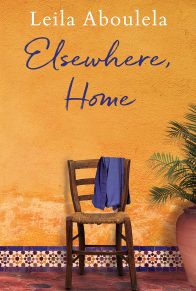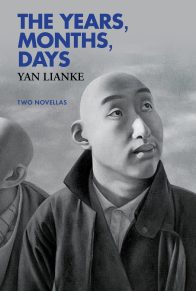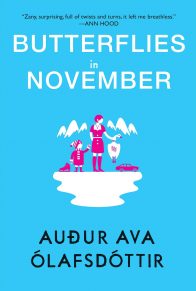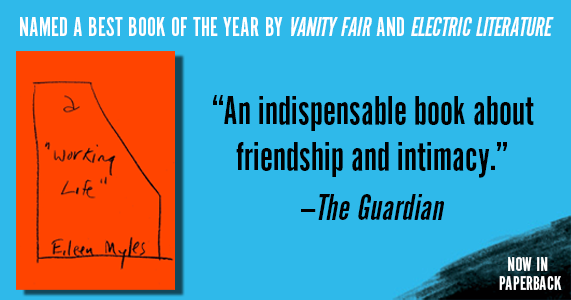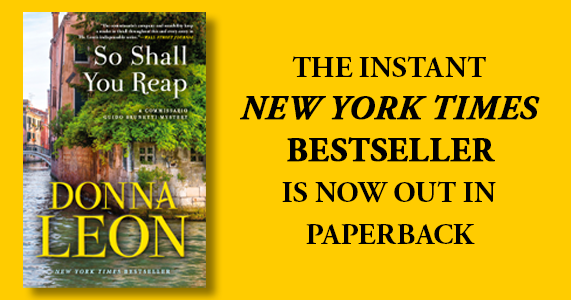Praise for The Selected Works of Abdullah the Cossack
“The great Pakistani city of Karachi, says the titular narrator of H.M. Naqvi’s The Selected Works of Abdullah the Cossack, was once a cultural mecca . . .That boisterous entrepot is long since gone . . . yet it survives in the memory of the novel’s aging hero, and in this delirious love letter to the Karachi that was . . . Thrust into wheezing, hobbling action, Abdullah protects his friends and confronts his adversaries with a boldness and verbosity that is one part Don Quixote and one part Ignatius J. Reilly.”—Sam Sacks, Wall Street Journal
“H.M. Naqvi is a superb stylist and writes like a poet. With careful attention to details and with enormous patience he presents a world that is at once fascinating and familiar. The Selected Works of Abdullah the Cossack is completely original in form and sensibility.”—Ha Jin, winner of the National Book Award
“Wild, wise, and tender, The Selected Works of Abdullah the Cossack is like nothing you’ve read before yet somehow echoes as intimately as the voices of your own soul. Every page in this book is a playground, and each sentence an absolute thrill and joy to read.”—Patricia Engel
“What a fun, fantastic, original thing this is.”—Akhil Sharma
“A guide, a gourmand, an impassioned septuagenarian full to bursting with a love of jazz, poetry, history, his beloved hometown—H.M. Naqvi’s remarkable Cossack is the Pakistani Falstaff, the Tristram Shandy of “Currachee,” spinning yarns inside yarns, allusive, affirming, and grandly comic. But The Selected Works also asks: what might an old man owe a brother, a lover, a ward? And in answering that, becomes moving.” —Joshua Ferris
“Once a decade a voice emerges in English that performs a vernacular sonic boom: hearing it on the page, you instantly realize people had been speaking this way for a while, the novel just had not caught up. It happened with Salman Rushdie’s Midnight’s Children and Peter Carey’s Illywacker and with Zadie Smith’s White Teeth, Junot Diaz’s Brief Wondrous Life of Oscar Wao, and Chimamanda Adichie’s Americanah. With this noisy, rambunctious, hilarious novel, HM Naqvi joins their ranks. He has brought a brand new sound into the novel in English. It is riveting and robust, unlike anything I’ve ever read. You can almost hear sound waves clap hands in gratitude as the novel catches up with the world again.”—John Freeman
“H.M. Naqvi is a superb stylist and writes like a poet. With careful attention to details and with enormous patience he presents a world that is at once fascinating and familiar. The Selected Works of Abdullah the Cossack is completely original in form and sensibility.”—Ha Jin, winner of the National Book Award
Praise for Home Boy
“Smart and sorrowful . . . Naqvi is a former slam poet, and his exuberant sentences burst with the rhythms and driving power of that form while steering clear of bombast. Home Boy is a remarkably engaging novel that delights as it disturbs.”—Joseph Salvatore, New York Times Book Review
“Narrated with great verve . . . In the wake of 9/11, three young friends—flamboyant, confident, swaggering—embark on an innocent, high-spirited caper . . . A deft exploration of ‘otherness.’”—Moni Mohsin, Guardian, “Top 10 novels about Pakistan”
“A slam-dunk . . . An authentic and honest portrayal of what it’s like to be a Muslim living in post-9/11 America.”—Carol Memmott, USA Today
“Home Boy is a superior contribution to the genre, its compassionate humor saving if rom easy judgment. Naqvi’s prose is evocative of Nabokov in its immense energy.”—Anis Shivani, Huffington Post, “10 best books of 2009”
“You’ve read one or two before: a novel about young people coming of age or finding their way in Manhattan. This first novel, however, is like none you will have ever encountered . . . A tale that is colorfully detailed, funny in places, sad in others, frightening in still others. His characters come to life in away that lets us like them for their antics and quirks and, just below the surface, their humanity.”—Peter Hannaford, Washington Times
“Naqvi’s fast-paced plot, foul-mouthed erudition and pitch-perfect dialogue make for a stellar debut.”—Publishers Weekly (starred review)
“One of the funniest books of the year . . . The voice in the novel is exceptionally energetic, recalling Nabokov.”—Anis Shivani, Brooklyn Rail
“A genius with words . . . I haven’t read anything so delicious in a long time.”—Mohammed Hanif
“Snappy, sharp, and gloriously big-hearted.”—Kamila Shamsie
“Viciously hilarious, Home Boy bursts with intelligence and energy and pathos. I haven’t read anything like it.”—Gary Shteyngart
“A genre-busting, page-turning debut, Home Boy fuses street slang and literary discourse, pop culture and politics, history and comedy, East and West. Ultimately, though, Home Boy is a thoughtful story about a boy who become a man in these fraught and frightening times.”—John Wray
“A marvelous literary achievement shaped by a refreshingly humane, irresistibly cool, and distinctly curried sensibility. From the word go, Home Boy is populated by larger-than-life characters and big ideas. It will make you think, laugh out loud, possibly cry, and at times dance with joy. You won’t even notice that H. M. Naqvi has redefined South Asian literature.”—Lee Siegel
Excerpt
I wake feeling fraught and delicate like a soft-boiled egg for I have transformed into that dwindling subspecies homo septuagenari overnight, and there are few conjunctures that stupefy, that unsettle the soul more than the thought of a fallow life. Lying amid fading canvases, steamer trunks, rolled Turkish rugs, Mummy’s cut-glass perfume bottle collection, Papa’s clockwork gramophone, china and a brass candela- bra from the Olympus, several dusty Betamax recorders, and the cadaver of an exercise bicycle, I stare at the whirring fan with one open cataract-swept eye, dimly pitting reasons for & against remaining prone: Nobody would care if you stayed in bed, I tell myself. You’re a sad man, long in the tooth, an animal: you drool, soil your knickers. It is a downpour of self-pity, a veritable monsoon of misery, but then the urge to relieve myself compels me to the commode. There is no doubt that there is reprieve if not respite in ritual, in diurnal bowel movements (even if the exercise has become trying on account of my piles) & the pages of The New Golden Treasury of English Verse.1 Oh, that golden crowd! What jocund company!
Slipping into Mummy’s jungle-print robe de chambre after, I take tea and insulin on the balcony. The sky is cloud- less and blue, the air smoky and trilling with crickets; an old crow perches on the ledge above, cawing hoarsely, damnably, like the Angel Israfil. I know I won’t get any work done today—I have the feeling that it will be a very long day, or a very short one. Draining the acrid lees, I hoist myself from the cane armchair, dentures rattling in my pocket, and teeter purposefully towards the wrought-iron railing.








